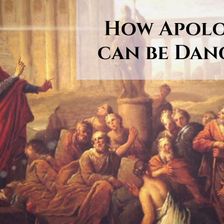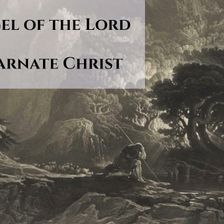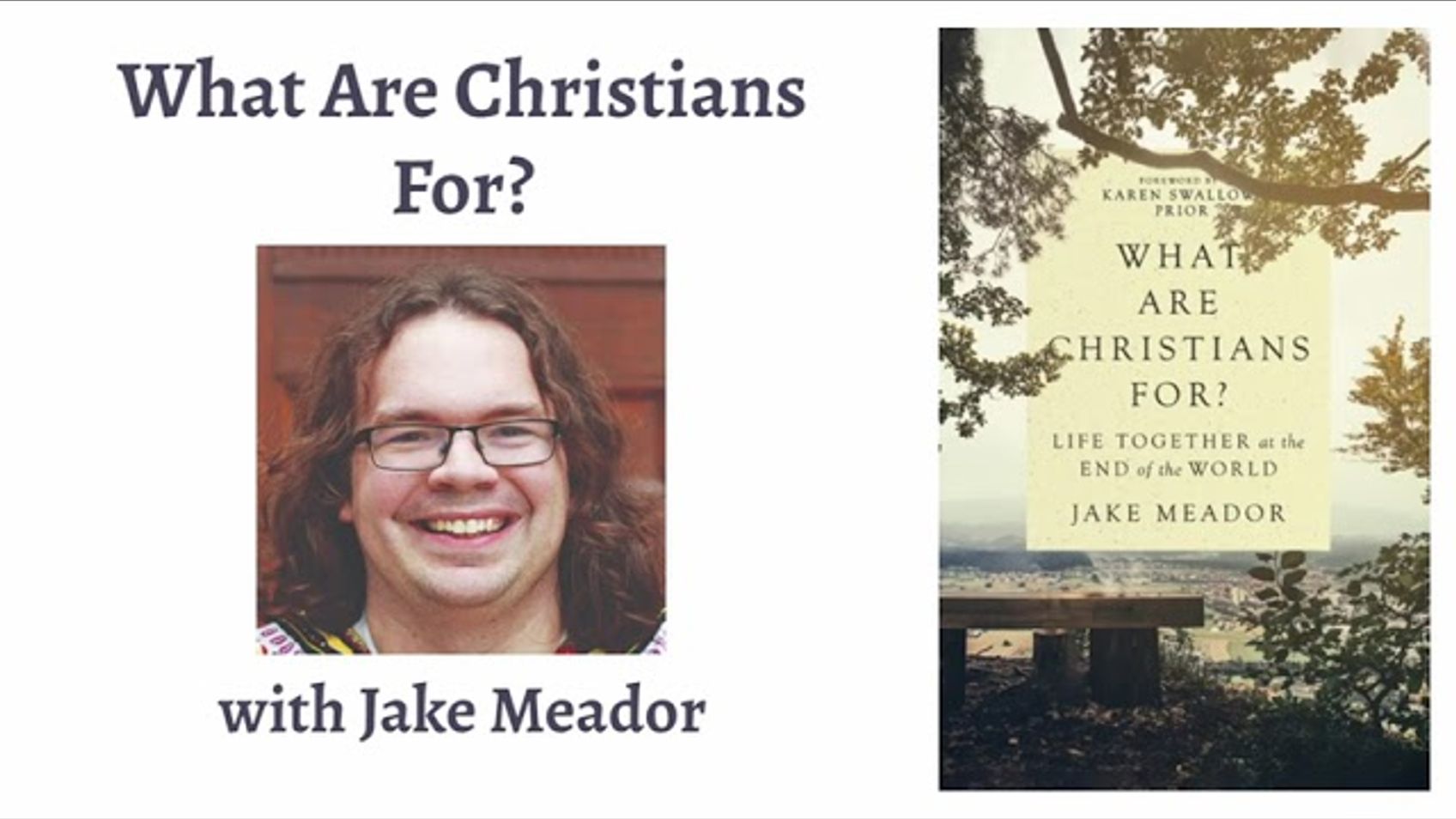What Are Christians For? (with Jake Meador)

My friend Jake Meador is the editor-in-chief of the Mere Orthodoxy site and the author of the recent book, 'What Are Christians For? Life Together at the End of the World' (https://amzn.to/3sv3RbH). He joins me to discuss the book and the challenge of Christian faithfulness in our cultural context.
If you have enjoyed my videos and podcasts, please tell your friends. If you are interested in supporting my videos and podcasts and my research more generally, please consider supporting my work on Patreon (https://www.patreon.com/zugzwanged), using my PayPal account (https://bit.ly/2RLaUcB), or by buying books for my research on Amazon (https://www.amazon.co.uk/hz/wishlist/ls/36WVSWCK4X33O?ref_=wl_share).
The audio of all of my videos is available on my Soundcloud account: https://soundcloud.com/alastairadversaria. You can also listen to the audio of these episodes on iTunes: https://itunes.apple.com/gb/podcast/alastairs-adversaria/id1416351035?mt=2.
More From Alastair Roberts






More on OpenTheo















